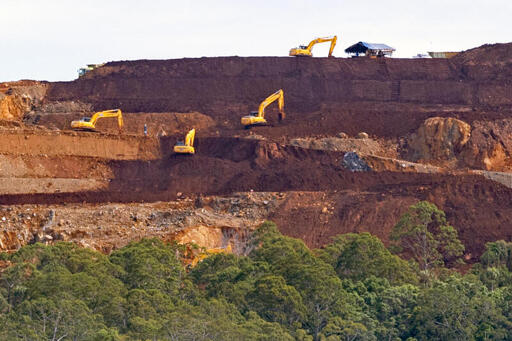JAKARTA — Indonesia’s two biggest Islamic organizations usually seize the country’s attention twice a year, when they gather to determine when the religious holidays of Idul Fitri and Idul Adha will be celebrated. But for the past year, Nahdlatul Ulama and Muhammadiyah have caught the spotlight for a different reason: their decision to operate large-scale mines in the Southeast Asian nation. Indonesia, home to 270 million people, is a top producer of coal and nickel. In 2024, then-President Joko Widodo’s administration issued a regulation enabling religious organizations to manage mines, saying it would foster economic equality. Jokowi, as he is popularly known, said at the time that “many [religious organizations] have complained to me, why is mining only delegated to big companies? We, too, would be ready to accept a concession if it were given.” Observers in civil society criticized the policy, saying it looked like payback to the organizations for supporting Jokowi’s chosen successor, Prabowo Subianto, in the February 2024 election, and that it made no sense to put management of complex industrial enterprises in the hands of faith groups. The controversy has continued with the recent uproar over a plan to mine nickel in Raja Ampat, Indonesia’s premier diving destination and coral reef hub. In a televised debate over the issue, Ulil Abshar Abdalla, the chairman of Nahdlatul Ulama’s central governing body, derisively labeled environmental groups like Greenpeace as “environmental wahhabists,” a reference to the Wahhabi sect of Islam seen as puritanical for its literal interpretation of scripture.…This article was originally published on Mongabay
From Conservation news via this RSS feed


